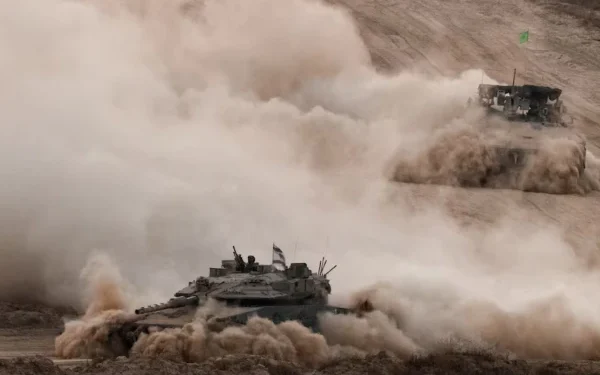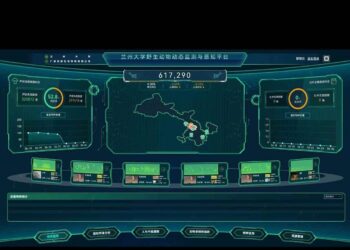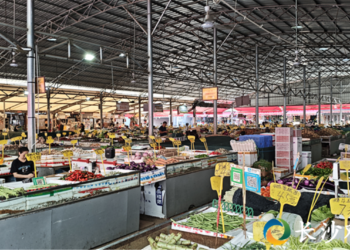As global attention shifts toward the escalating conflict between Israel and Iran, two prominent U.S. senators — Elizabeth Warren and Chris Van Hollen — have issued strong condemnations of Israeli Prime Minister Benjamin Netanyahu, accusing him of using the Iran conflict as a distraction while intensifying the humanitarian crisis in Gaza.
Their remarks come at a time when the Gaza Strip faces its worst humanitarian catastrophe in decades, with more than 55,000 Palestinians reported killed, and hundreds more suffering from severe hunger, displacement, and lack of medical care.
Senator Elizabeth Warren: “The World Is Watching You, Netanyahu”
U.S. Senator Elizabeth Warren, a leading progressive voice in the Senate and a member of the Senate Armed Services Committee, has taken a bold stance against Israel’s ongoing military operations in Gaza. In a tweet that quickly gained widespread attention, Warren accused Netanyahu of deliberately using the conflict with Iran to obscure the worsening humanitarian crisis in the Palestinian enclave.
“The people of Gaza are dying of hunger. 55,000 people have been martyred. Aid workers and doctors are being turned away at the borders. Starving civilians are being shot at. The world is watching you, Benjamin Netanyahu,” Warren posted on X (formerly Twitter).
Her statement highlighted a grim reality that human rights groups and international organizations have been warning about for months — the near-total collapse of Gaza’s infrastructure due to Israeli blockades, aerial bombardments, and denial of humanitarian access.
Warren also emphasized that Israel’s military actions in Gaza have crossed the boundaries of international humanitarian law, noting that attacking aid convoys and medical personnel could constitute war crimes under the Geneva Conventions.
Senator Chris Van Hollen: “Netanyahu Blocking Food While Children Starve”
Senator Chris Van Hollen, a Democrat from Maryland and a vocal critic of Netanyahu’s policies, echoed Warren’s concerns. He posted on social media that more than 400 Palestinians were killed in Gaza in just seven days following the start of hostilities between Israel and Iran. According to his statement, many of the victims were civilians trying to access food amid extreme shortages.
“It is unacceptable that Netanyahu has not allowed international aid agencies to resume food deliveries,” Van Hollen wrote. “Children are starving, and yet convoys are being blocked or attacked. This is a moral failure of global proportions.”
Van Hollen also criticized the U.S. administration’s delayed response, urging President Trump and Secretary of State Antony Blinken to pressure Israel to immediately open humanitarian corridors and restore access for international relief organizations.
A Humanitarian Crisis Hidden in the Shadow of War
While the world’s focus has shifted to the rapidly intensifying conflict between Israel and Iran, humanitarian organizations warn that Gaza is being pushed further into darkness.
Since the beginning of 2024, Israel’s bombardment of Gaza has continued almost unabated, targeting not only Hamas infrastructure but also civilian zones, hospitals, and refugee camps. The UN Relief and Works Agency (UNRWA), Doctors Without Borders, and International Red Cross have repeatedly condemned these actions, claiming that over 70% of Gaza’s population is now internally displaced.
Food insecurity has reached catastrophic levels, with nearly 2 million people depending on international food aid. However, Israel’s blockade and ongoing military actions have made it nearly impossible for aid to reach the affected areas.
According to Human Rights Watch and Amnesty International, some of the most severe violations include:
- Targeted airstrikes on civilian infrastructure
- Shooting of civilians queuing for food
- Blockade of medical supplies and fuel
- Denial of access to humanitarian corridors
Distraction Tactics: Is the Iran Conflict Being Used to Escalate in Gaza?
Both Warren and Van Hollen suggest that Netanyahu’s military focus on Iran is being used as a smokescreen to intensify operations in Gaza without facing international backlash. By launching high-profile airstrikes in Iran — often framed as a defensive posture in response to Iran’s alleged drone and missile threats — Netanyahu may be trying to divert global attention from the atrocities being committed in Gaza.
This theory is gaining traction among geopolitical analysts, many of whom point out that Israeli domestic politics are also playing a role. Netanyahu, who is facing multiple corruption charges and declining public approval, could be using external conflicts to rally national support and postpone elections.
U.S. Foreign Policy: A Divided Congress and a Hesitant White House
The U.S. government appears divided on how to respond to the dual crises in Gaza and Iran. While President Donald Trump has publicly reaffirmed support for Israel’s right to defend itself, he has also signaled interest in restoring diplomatic channels with Tehran.
However, growing pressure from progressive members of Congress, civil society organizations, and grassroots activists is forcing the administration to reconsider its blanket support for Netanyahu’s government. There are calls for conditioning U.S. military aid to Israel based on its adherence to international humanitarian laws and transparency regarding its operations in Gaza.
Global Reactions: Mounting Pressure on Israel
The international community is increasingly alarmed by the worsening situation in Gaza. Key developments include:
- France and Germany calling for an independent UN investigation into possible war crimes.
- The Vatican urging an immediate ceasefire and the reopening of humanitarian corridors.
- The Arab League demanding an end to the siege of Gaza and restoration of essential services.
- UN Secretary-General António Guterres reiterating that the starvation of civilians is a violation of international law and cannot be justified under any circumstance.
The Role of the United Nations and Humanitarian Agencies
The UN Office for the Coordination of Humanitarian Affairs (OCHA) has described the situation in Gaza as “beyond catastrophic.” Despite repeated appeals, humanitarian convoys are being denied entry or attacked before reaching critical zones. Only a fraction of needed medical and food supplies have entered Gaza in the past month.
In its latest report, the UN stated:
“The Gaza Strip is facing a complete societal breakdown. We are witnessing unprecedented levels of human suffering. Immediate global intervention is essential.”
Conclusion: Urgency for Action as Gaza Bleeds
The statements by U.S. Senators Elizabeth Warren and Chris Van Hollen have reignited global attention to the Gaza humanitarian disaster. As Netanyahu’s military campaign continues under the shadow of conflict with Iran, civilian lives hang in the balance.
Unless international actors — particularly the United States, the United Nations, and the European Union — take coordinated action to pressure Israel to open humanitarian corridors, the death toll is expected to rise dramatically in the coming weeks.
The world may be focused on missiles flying between Jerusalem and Tehran, but the silent deaths of the starving, sick, and displaced in Gaza may prove to be the most enduring tragedy of all.

























